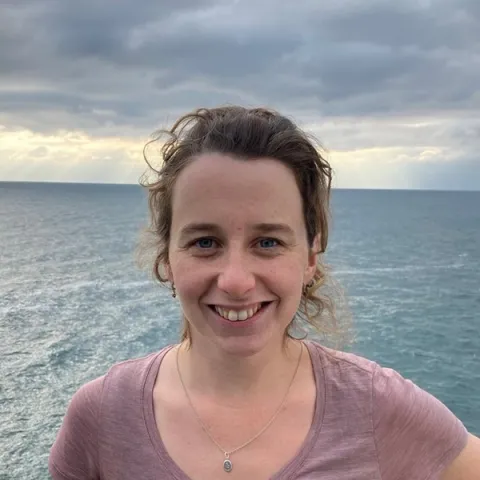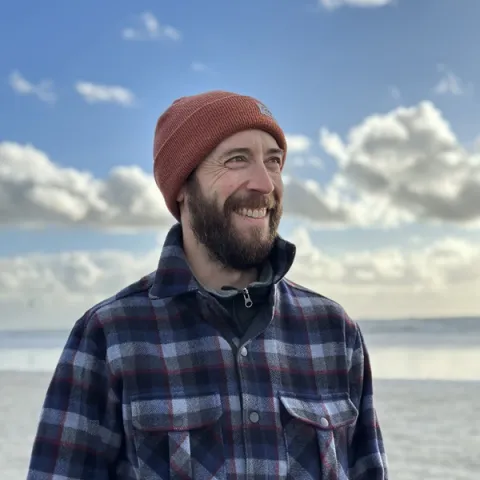About the project
Development of sustainable outcomes that also build resilience to increasing flood risk in estuaries requires better understanding of the relationships between people, nature and place. This project examines how place-specific knowledge can be embedded in estuarine flood and coastal risk management, to support just decision making.
More innovative ways are being sought to manage the increasing risks of tidal and fluvial flooding within catchments. However, some communities are disproportionately impacted by both the risk itself and the proposed solutions. Development of sustainable outcomes that also build resilience within impacted communities requires better understanding of the relationships between people, nature and place. Communities’ place-specific knowledge of water flow through the landscape is often overlooked and is difficult to capture within existing management processes.
This project will address the following:
- How can communication with, and between, communities be improved to make connections in lived-experience across catchments?
- How do we embed oral histories and place-specific knowledge in flood management decisions, acknowledging the benefits and disbenefits of decisions to differing communities?
- How can these conversations inform innovative flood management solutions at catchment-scale?
This PhD project explores the potential of oral history methods to timeline historic management decisions, engage communities in contemporary flood policy debate, and capture social-environmental relationship data within a flood catchment. It draws on conversations with decision makers and the development of a new oral history protocol, to explore community experiences of flood management, and the implications for procedural and outcome justice in complex social-ecological spaces.
Estuarine case locations in England will be selected through conversation with the Environment Agency and National Trust. Project outputs may include community facing and policy resources. Outcomes will include new evidence on effective bi-directional communication at catchment-scale, and establishing best practices for integrating oral histories into flood management decision-making.
Supervisors
As well as Sien van der Plank and Eli Lazarus from the University of Southampton, you will also receive supervision from Juliet DeLittle from the Environment Agency.
Please contact the lead supervisor if you require further information about the project.
References
Van der Plank, S. 2024. Policy priorities to enable engaged and transformational adaptation on the coast: Learning from practitioner experiences in England. Environmental Science & Policy, 159, 103806. https://doi.org/https://doi.org/10.1016/j.envsci.2024.103806
Van der Plank, S., L. Dean, & P. Broomfield. 2024. “Oral history for all: a research method that crosses disciplinary boundaries.” Times Higher Education Campus. Available at: https://www.timeshighereducation.com/campus/oral-history-all-research-method-crosses-disciplinary-boundaries
Van der Plank, S., J. Wittamore, R. Thurstan, L. Evans, & S. Sutcliffe. “Resilience over a lifetime of change.” In prep.

